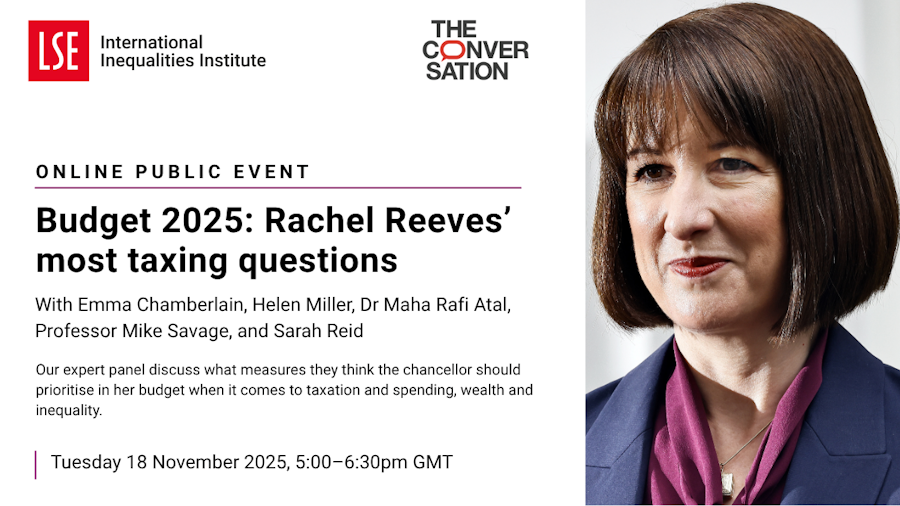|
If you asked the average person about the most annoying characteristics of AI chatbots, two things would likely be high on the list: they are excessively flattering and they confidently make stuff up. Many of us are nevertheless using them as confidantes – and it’s causing a new class of mental-health problems that is troubling psychologists.
AI-induced psychosis is where people suffering from delusions have them validated and enhanced by chatbots, so the AI and its human users are essentially hallucinating together. Lucy Osler, a specialist in psychopathology at the University of Exeter, explains why people have become susceptible and how we might navigate the problem.
In response to multiple drone incursions from Russia, leaders in western Europe are considering building a defensive virtual wall. Here’s how it would work and the prospects for success.
And just when you thought beauty treatments couldn’t get any weirder, some people are applying menstrual blood to their faces in search of skincare benefits. So what does the science say?
Now’s your last chance to register for our free online event exploring what Chancellor Rachel Reeves should do in next week’s budget. Tonight’s panel discussion, in partnership with the LSE International Inequalities Institute, will see a panel of expert debate how the chancellor could use tax to not only balance the books but also address the UK’s wealth and inequality problems. Sign up here.
|

|
Steven Vass
Senior Science and Technology Editor
|
|

‘Are you thinking what I’m thinking?’
DAVEsw
Lucy Osler, University of Exeter
We’ve always relied on friends and family to confirm our sense of reality. Now we’re increasingly expecting AIs to do it instead.
|

Free_styler
Peter Lee, University of Portsmouth; Ishmael Bhila, University of Paderborn; Jens Hälterlein, University of Paderborn
Drone swarms and sensitive radar could help protect European airspace against further incursions.
|

hedgehog94/Shutterstock
Dipa Kamdar, Kingston University
The social media trend ‘menstrual masking’ claims period blood can rejuvenate skin. Some call it spiritual, others pseudoscience – here’s what research says.
|
World
|
-
Shahzad Uddin, University of Essex
Landmark ruling cites UN evidence of coordinated state killings as Dhaka confronts its deadliest crackdown in decades.
|
|
Politics + Society
|
-
Sarah Reid, The Conversation
SIgn up now for our online pre-budget event featuring IFS director Helen Miller and other leading tax and business experts
-
Mette Wiggen, University of Leeds
Denmark has some of the strictest asylum legislation in Europe.
-
Zahera Harb, City St George's, University of London
The public perceives serious ongoing problems in journalistic practice.
|
|
Arts + Culture
|
-
Louise Owusu-Kwarteng, University of Greenwich
The rave scene was a huge moment for gen-Xers like me, coming of age in the 1980s and 1990s.
-
Conor Byrne, University of Southampton
We seem to have an endless appetite for Tudor history.
|
|
Business + Economy
|
-
Matthew Pound, Northumbria University, Newcastle; Sadaat Yawar, Northumbria University, Newcastle; Shanfeng Hu, Northumbria University, Newcastle
Almost half of honey imports to Europe have been flagged as suspicious. From sugar syrups to fake origins, honey fraud is big business.
-
Nick Kotucha, University of Warwick
Some rules are there for a very good reason.
|
|
Environment
|
-
Matthew Pound, Northumbria University, Newcastle; Sadaat Yawar, Northumbria University, Newcastle; Shanfeng Hu, Northumbria University, Newcastle
Almost half of honey imports to Europe have been flagged as suspicious. From sugar syrups to fake origins, honey fraud is big business.
-
Emily Wilkinson, ODI Global; Kira-Lee Gmeiner, Monash University
An insider explains the Alliance of Small Island States and what’s made it so effective.
-
Paul Whiteley, University of Essex
Polling reveals changing attitudes to the threat of climate change around the world.
-
Ross Cameron, University of Sheffield
Leaving more green space at the front of the house reduces flooding risk.
|
|
Health
|
-
Matthew Pound, Northumbria University, Newcastle; Sadaat Yawar, Northumbria University, Newcastle; Shanfeng Hu, Northumbria University, Newcastle
Almost half of honey imports to Europe have been flagged as suspicious. From sugar syrups to fake origins, honey fraud is big business.
|
|
Science + Technology
|
-
Jacqueline Boyd, Nottingham Trent University
Have you ever wondered whether your pet has ADHD? Research is showing the answer is complicated.
|
|
|
|
| |
| |
| |

|
| |
| |
| |
|
|
|
|